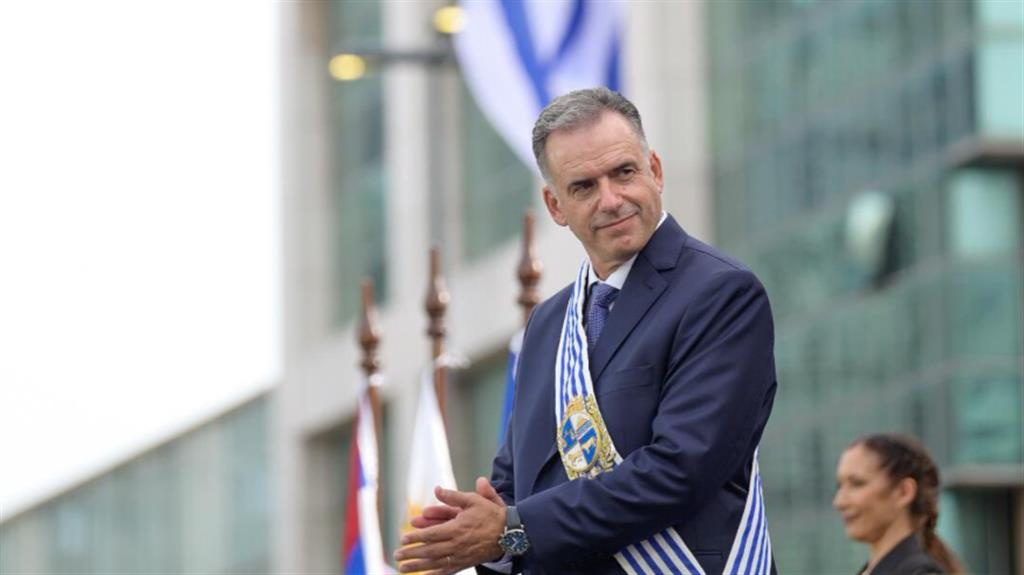The government of President Yamandú Orsi faces economic and social challenges, the results of which will mark his five-year term in office in Uruguay.
After the inauguration ceremonies, meetings with heads of state and representatives of foreign delegations, the president enters his office in the Executive Tower with inherited issues and others to face.
The new head of state defined three priorities: economic growth, equity and citizen security.
He will have the dilemma of maintaining the macroeconomic framework, reversing the low growth of the Uruguayan economy and allocating resources and policies to alleviate inequality.
This will involve managing the fiscal situation and monetary policy in the midst of the debate over public accounts and inflationary expectations.
At the same time, the government of the Frente Amplio (FA) is committed to improving real wages and quality jobs, demands made by the PIT-CNT and its affiliated unions.
These are proposals to be assumed when there are crises in various industries and labour disputes, as exemplified by the untimely departure from the country of the Japanese auto parts company Yazaki, which left 1,200 workers in the street.
Among the government’s objectives is the social policy that should distinguish the current administration from the previous one, where poverty, particularly child poverty, has increased.
Improving the public health system, timely access to specialised medical services and medicines are on the programme adopted by the FA and endorsed by Orsi.
These are just glimpses of the challenges that from today are the responsibility of the cabinet of 14 ministers, including six women, which publicly exudes capacity, dedication and commitment to build «a bright future», in the words of the new Uruguayan president.




